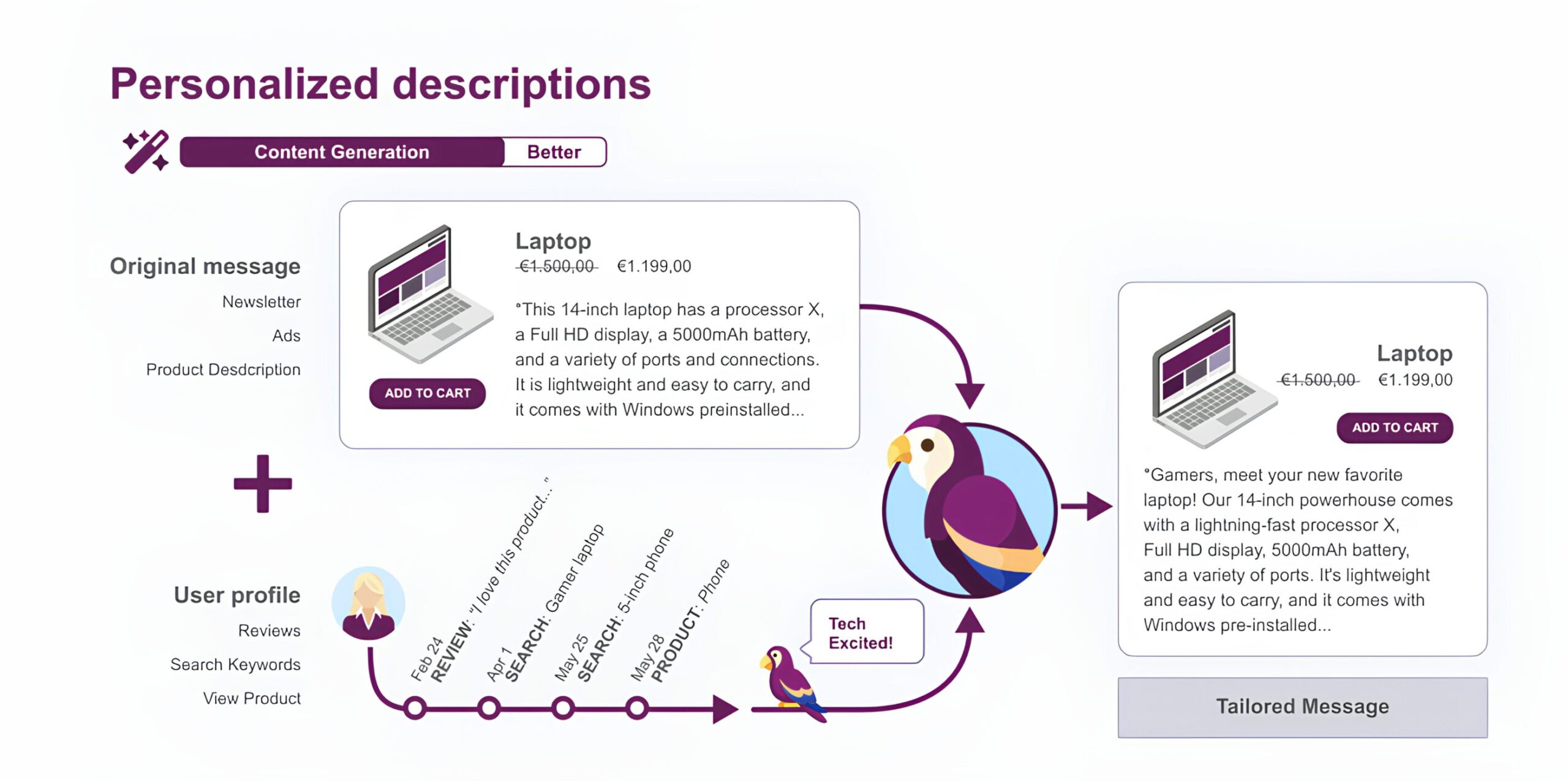Blog
Faster, Better, Cheaper: How to Measure the Business Impact of LLMs

Understanding the Value Proposition of LLMs
Large Language Models (LLMs) have quickly become a powerful tool for businesses, but their true impact depends on how they are implemented. Organizations must assess whether LLMs will bring meaningful improvements in speed, quality, and cost efficiency before committing to their deployment.
In the whitepaper How to Prioritize LLM Use Cases, we show that LLMs may not always outperform human expertise, but they offer a competitive advantage when tasks require quick execution and scalable automation. The key is determining where LLMs provide value without sacrificing business-critical quality.
Three Key Drivers of LLM Impact
To evaluate the business impact of LLMs, companies should consider three primary drivers: speed, quality, and cost.
I. Faster Execution of Repetitive Tasks
Many business processes require significant time investments from employees. LLMs can automate or accelerate tasks that would otherwise take hours, enabling companies to handle increased workloads efficiently.
For example, customer support teams using LLM-powered chatbots and response generators experience a 14% increase in productivity, as observed in a study by Brynjolfsson, Li, and Raymond (2023). This efficiency boost allows human agents to focus on more complex inquiries while routine requests are handled instantly by AI.
Another case is content generation for eCommerce, where LLMs can draft product descriptions immediately upon new product uploads. While a trained copywriter might produce more polished content, LLMs ensure that no product remains without a description, preventing potential revenue loss due to delayed listings.

II. Better Output: When ‘Good Enough’ is the Right Fit
LLMs may not always outperform humans in creative or complex decision-making tasks, but they can provide high-quality results in structured applications. They act as an efficient alternative when human input is too expensive or unavailable.
Consider the healthcare sector, where LLMs assist doctors by drafting empathetic and accurate responses to patient inquiries. A UC San Diego study found that ChatGPT responses ranked higher in empathy and accuracy compared to human doctors. In such cases, LLMs do not replace professionals but instead serve as valuable support tools that improve response quality.
Additionally, LLMs can power internal knowledge management systems, helping employees find information quickly. Rather than sifting through documentation manually, an AI-powered assistant can generate concise and relevant answers, enhancing productivity across teams.
III. Cheaper Solutions: Reducing Costs Without Compromising Value
Cost efficiency is a critical factor in LLM adoption. Businesses must ask themselves: Can we accept slightly reduced quality if it leads to significantly lower costs?
A prime example is automated content creation for long-tail eCommerce products. Hiring a copywriter for every product description might be impractical due to cost constraints. Instead, LLMs can generate descriptions at a fraction of the cost, ensuring that every item has relevant information while allowing human editors to refine only high-priority content.
Another area where cost reduction plays a major role is legal and regulatory compliance documentation. Organizations using LLMs to draft initial versions of compliance reports save substantial time and resources. While final reviews still require human oversight, the automation significantly lowers operational expenses.
Balancing Value and Investment
While the benefits of LLMs are clear, companies must carefully assess their ROI before committing to AI-powered solutions.
Key considerations include:
- Time to value – How quickly will the business see a tangible impact?
- Operational costs – What are the infrastructure, fine-tuning, and maintenance costs?
- Scalability – Can the LLM solution handle increasing demand efficiently?
- Regulatory compliance – Does AI implementation align with industry laws and ethical guidelines?
How Xebia Helps Businesses Maximize LLM Impact
Successfully integrating LLMs into a business requires a structured approach. Xebia’s Scaled GenAI Services help organizations navigate AI adoption by:
- Identifying high-impact LLM use cases tailored to business needs.
- Optimizing AI-powered workflows for maximum efficiency.
- Ensuring compliance with industry regulations and ethical AI practices.
- Delivering scalable AI solutions that balance speed, quality, and cost.
By leveraging Xebia’s expertise, businesses can confidently implement LLMs where they provide the most value, ensuring measurable improvements in operational efficiency and cost-effectiveness.
Conclusion
LLMs offer businesses a compelling trade-off between speed, quality, and cost, but their impact depends on strategic implementation. By understanding where automation provides the most benefit and balancing trade-offs, companies can unlock real value from AI-driven solutions.
Written by
eva.bosma@xebia.com
Our Ideas
Explore More Blogs
Contact



